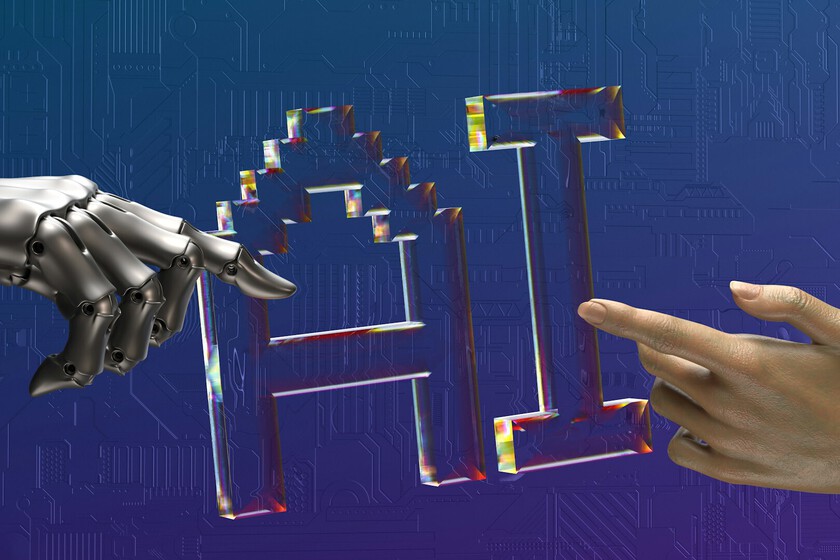Well, it wasn’t even OpenAI that made the announcement. CEO Sam Altman casually revealed it on X. At the time, OpenAI seemed more focused on introducing the much less transformative GPT-4.1. A few days later, Grok followed with a similar move.
This new super memory changes the way you use ChatGPT—and, to a lesser extent, Grok, which lacks GPTs and thus has less professional utility. It’s no longer just a tool. It becomes a digital entity with which you have an evolving conversation—a relationship.
Think about how you use a hammer, a calculator or even Google: You use them to solve a problem and then forget about them until the next time.
There’s no evolution in that interaction.
But a relationship with another person builds over time. You don’t need to remind a friend what team you’re on, or your partner what kind of music you like. There’s something deeply human about wanting to be remembered, about seeking continuity in our interactions.
AI models that provide that experience will have an advantage—technically, functionally, and psychologically. Regardless of the practical usefulness of GPTs, every conversation with ChatGPT will no longer feel like an eternal first day. It’ll be part of a growing thread of shared knowledge.
- An assistant that remembers your allergy to nuts.
- One that understands you like explanations with sports analogies.
- One that knows you’re working on an important personal project.
The other side is the anxiety of depositing so much of yourself in a corporate-controlled entity. Persistent storage enables extreme personalization—but at a privacy cost.
OpenAI says you can turn the feature off, but doing so limits the value of the service. That’s the familiar trade-off for modern service users.
For some, there may also be a subtle temptation to replace complex, sometimes frustrating human interactions with more predictable ones—interactions designed to please us.
AI never gets tired. Never has a bad day. Never judges your repetitive questions or laughs when you don’t know something basic. It’s an idealized version of companionship—one that may be too appealing, especially to the lonely.
It’s the cornerstone of a new kind of software that demands a new kind of relationship. And users aren’t used to that. Treating it like another person won’t work. But treating it like a classic tool won’t either. We need a different conceptual category.
ChatGPT will know you better than many of your friends and family. It will hold the thread of your thoughts through weeks, months—even years. A constant presence that evolves with you, anticipating your desires.
ChatGPT will no longer be just a tool. It will be something more intimate. Something personal. Almost alive.
Image | Igor Omilaev (Unsplash)
The post ChatGPT Used to Be a Tool. Now That It Can Remember Your Conversations, It’ll Be Something More: A Relationship appeared first on Xataka On.




